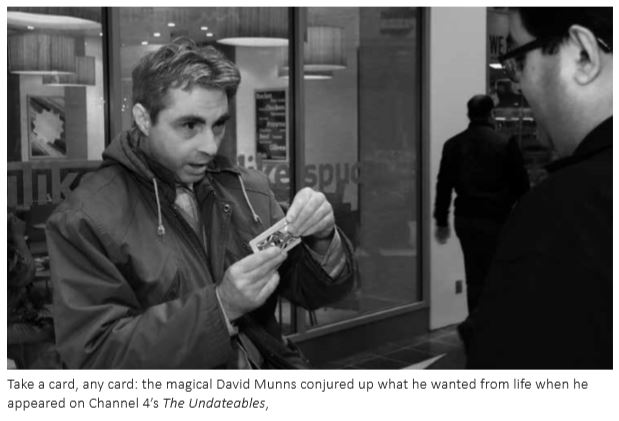Suzanne Gale experiences the best and the worst of providers, has to show she’s not a robot to secretive companies and looks into the lives of young people on TV
As someone who enjoys a challenge and the pressure of hitting the ground running, I have to admit that I found the first week of this lockdown quite fun. I was up and in my home office bright and early, webcam at the ready, to attend the early meeting where we’d discuss the latest government guidance and address the new round of problems to solve. But it’s got so real now and I can sense that those working behind the scenes feel increasingly powerless. Of course, we’re not dealing with the front line and I wouldn’t begin to compare our situation with that of a care worker or nurse.
Yet, as we try to make limited funding stretch and take another call about another death, it’s a low-level, relentless stress that can be seen in people’s faces during the video meetings we have to stop us feeling too isolated and to keep us putting faces to names.
Wheat versus chaff
If there’s one positive thing to come out of the Covid-19 situation, it is that providers have shown their true colours. There has been a clear line between those that instantly demanded a huge amount of money with a threat of downing tools if this was not forthcoming and those that took stock, thought about
the bigger picture and asked the local authority for a reasonable, transparent contribution to keep their service users and staff as safe as possible.
The best providers have worked in partnership with families and funders so we can all do the best we can. For years, I’ve been either requesting or agreeing to contingency costs depending on which side of the negotiation table I’ve been on. If ever there was a time to use contingency funding, a pandemic is definitely it. Sadly, some are too worried about their bank balance and stakeholders to use it.
I, robot?
I’ve become increasingly aware that only very rarely will anyone give me any information about a specific member of staff in an organisation over the phone. I’m generally asked to send an email to something like info@… Sometimes I get a helpful response – often I don’t.
If I try to use a website, this has often led me back to the info@ scenario, which is annoying. Even more frustrating has been when my only option was to use the website’s contact form. This requires me letting them know where I found out about them, who I work for, whether I want to receive any other information from them and, if so, whether I’m interested in fundraising/good news/bad news. Then I also have to prove I’m not a robot by clicking on numerous images that either do or don’t have a mountain in them. How is this accessible?
There’s some inspirational representation going on TV-wise. Although I felt completely wrung out by the emotional rollercoaster of Channel 4’s Born To Be Different, this was probably my favourite visit to the young people as they were entering a world of adulthood, less protected and really growing into themselves.
Yes, we’re seeing the effects of their disability, which is sometimes hard to watch and adds an obvious layer of challenge to their lives. We’re also seeing the people behind the disability as they succeed, fail, change their mind, worry that they’ll never meet “the one” or continue to love their childhood sweetheart. By showing their difference, the programme has also shown their normality. And then we have the joy of The Undateables, also on Channel 4. I refused to watch this at first as I thought it was going to be an appalling exploitation of people with support needs. How wrong I was. It’s a huge celebration of difference and, sometimes, if we’re lucky, brilliant quirkiness.
Again, it acknowledges that people have a range of support needs but it really focuses on what they want from life. Dates sometimes do not develop into something else because the people don’t like the same kind of music or one isn’t outgoing enough. Sometimes they do, because they fancy each other like mad.
The stars of the show experience nerves, disappointment, heartbreak and elation. It’s an excellent demonstration that people who don’t fit the norm are still entitled to normal lives. It reminds me why I do what I do and why I challenge the risk adverse. I’ve said it before – if we don’t allow people to be sad, how will they know when they’re happy?
Suzanne Gale works with commissioners and providers to achieve equal opportunities and high standards of provision

